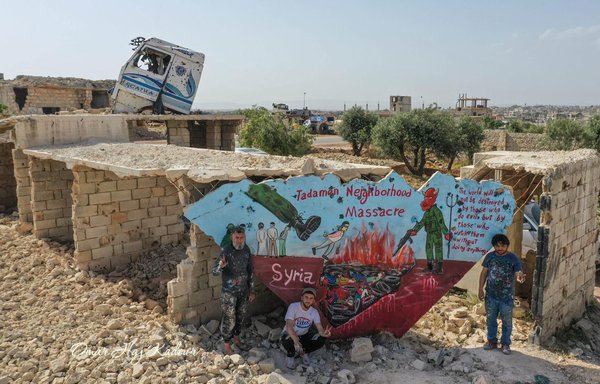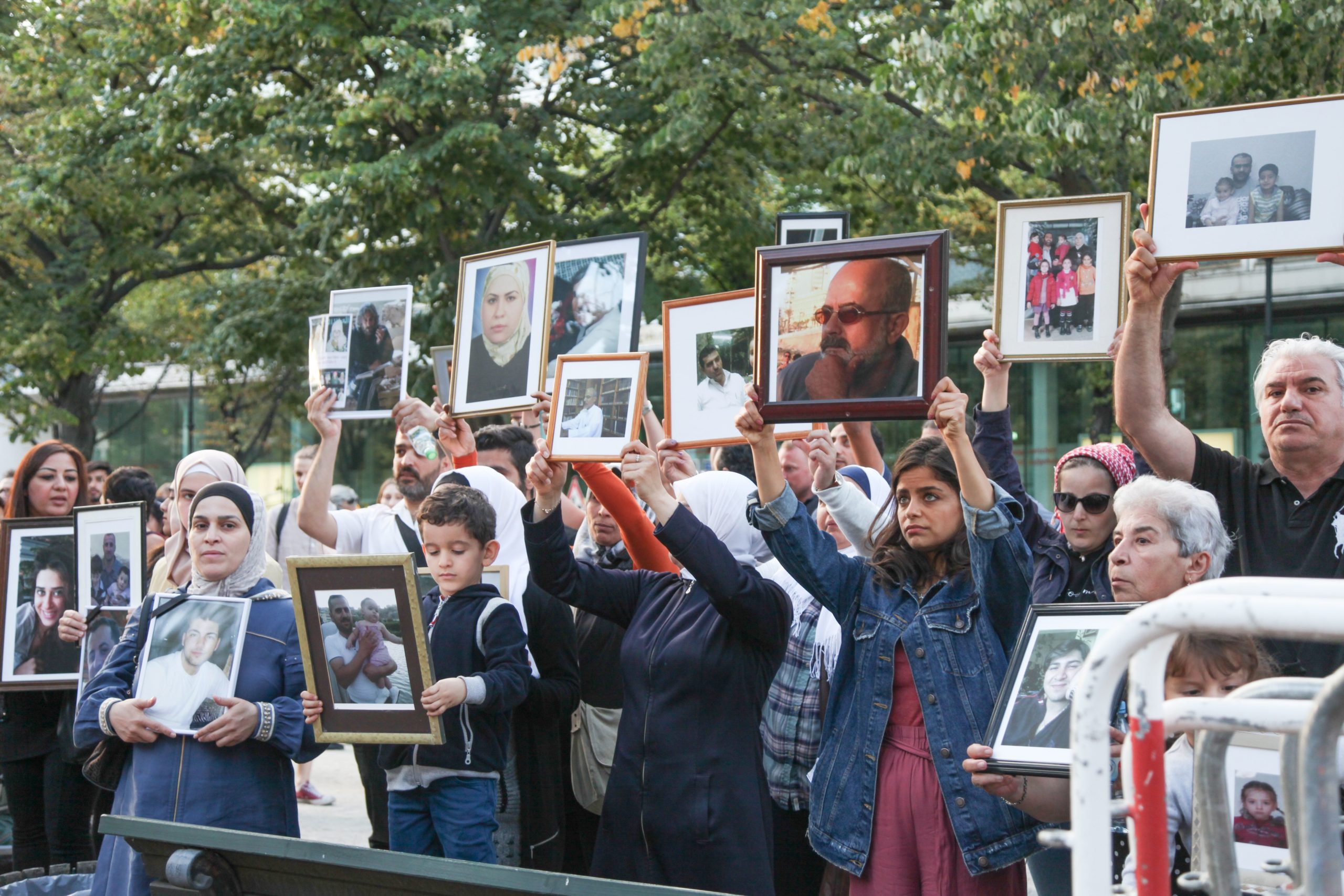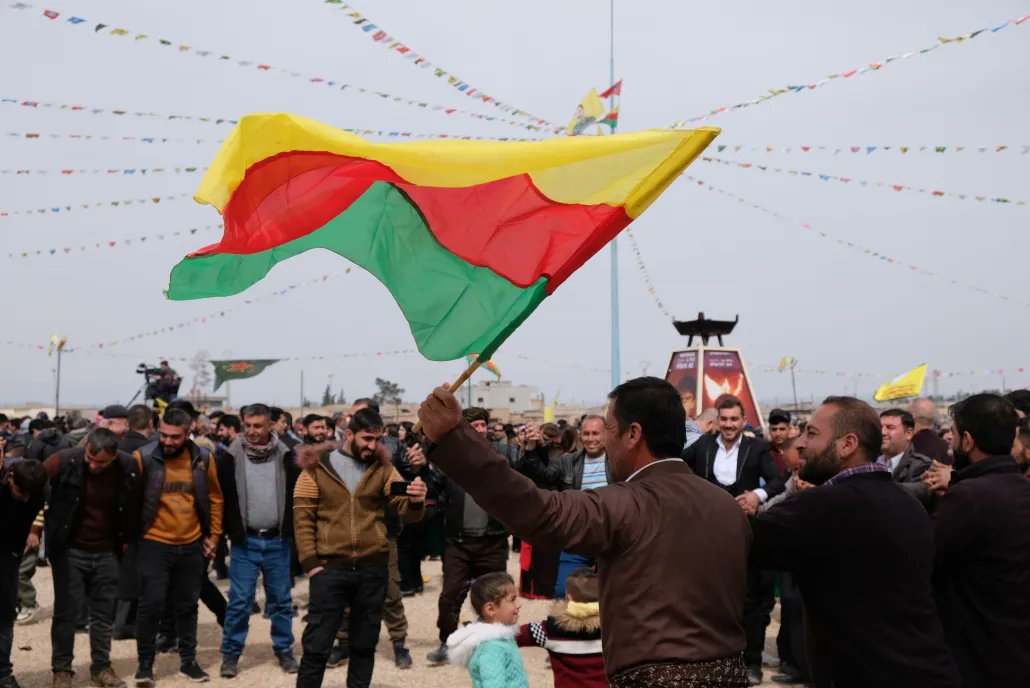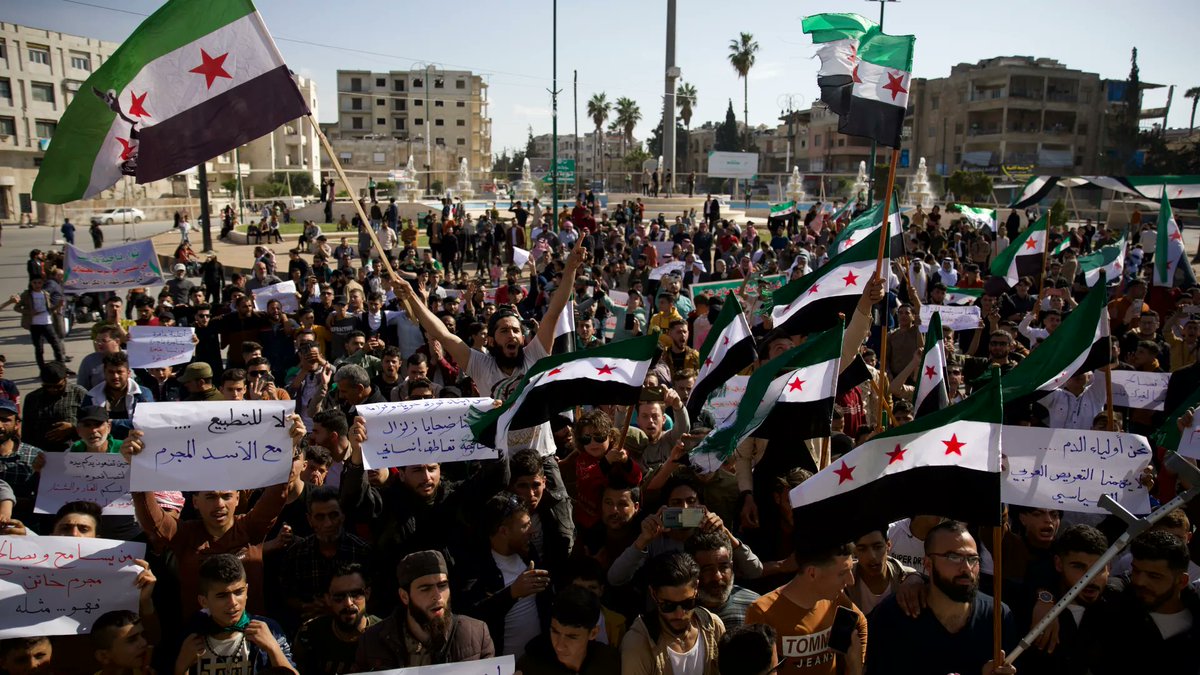Syria reality-check: the Committee highlights discrepancies between the legislative framework and its implementation
Published on 23 Jul 2024, 01:14 PM
The Human Rights Committee reviews Syria for the first time since the start of the conflict in 2011

On 11 and 12 July 2024, the Human Rights Committee reviewed Syria's fourth periodic report. This was the Committee's first review of Syria since the conflict began in 2011. The dialogue was held in hybrid form, with a delegation of three members in Geneva and seven online from Damascus.
The Syrian delegation expressed willingness to cooperate with U.N. mechanisms but repeatedly regretted that the Committee asked questions based on “false and unfounded reports propagated by well-known sources for political ends”. The Committee answered that the documents they have considered “are available online and that the dialogue was designed precisely to clarify specific issues”. The delegation provided some answers, although on many subjects they lacked precise data and statistics and merely deflected the question by enumerating relevant articles of domestic legislation without going into the details of their actual implementation.
State party fails to provide clarifications on military operation in Tadamon

Highlighting that the right to life is a supreme right that cannot be derogated even in situations of armed conflict, the Committee asked the delegation about measures taken to protect civilians since 2011, including data on investigations and reparations for victims. The State claims it has taken all possible measures to protect civilians, including training police and military in IHL and setting up safe corridors for civilian evacuation.
The Committee raised concerns about ending impunity and asked about measures for transitional justice, specifically mentioning a 2023 communication from UN special rapporteurs regarding investigations into a military operation in Tadamon where 280 civilians were allegedly executed. The State party stated that Syria has a comprehensive legal framework to address impunity, citing laws such as the prevention of torture act (2022) and a decree ending military courts (2023). Although the Committee repeatedly asked for information related to the Tadamon case, the delegation did not provide any specific answers.
Alleged arbitrary detentions and disappearances highlight impunity issues

Discussions highlighted issues of enforced disappearances in Syria. Reports indicate that between 100,000 and 130,000 people have been forcibly disappeared since 2011, with 85% attributed to governmental forces. The Committee questioned Syria on its efforts to criminalize enforced disappearance, cooperate with the Independent Mechanism on Enforced Disappearances, and create a national register for the disappeared. The Syrian delegation noted that the country's laws cover deprivation of liberty and include penalties for unlawful detention, with harsher punishments for abduction under a 2013 decree.
The Committee also discussed arbitrary detentions, noting that despite no declared state of emergency, law 55/2011 extends detention without charges to 60 days and allows the delegation of arrest powers to other agencies, increasing the power of intelligence services. From August 2020 to June 2024, 4,013 arbitrary arrests were reported.
The Committee expressed concerns about poor conditions in Syrian prisons, including reports of secret detention centers, often referred to as “black sites”. They acknowledged the introduction of Syria's new anti-torture law in 2022 as a positive step but noted it lacks independent oversight and does not address past human rights violations due to its lack of retroactive application. The Committee highlighted discrepancies between Syria's reported data and reality, indicating issues with impunity. The Syrian delegation admitted the difficulty in gathering reliable data due to the conflict but reiterated their commitment to addressing torture cases and improving data collection mechanisms.
Discrimination against Kurds, Yazidis, women, and LGBTQ individuals remains a serious issue

Members of the Committee inquired about the measures taken to protect vulnerable groups, including Kurds, Yazidis, and LGBTQ individuals. Answering questions about the alleged discrimination against Kurds in the distribution of humanitarian aid, the delegation has claimed to provide humanitarian aid without discrimination, emphasizing coordination with international organizations.
On legal and social challenges faced by women, the Syrian delegation said there have been efforts to combat violence against women through legal reforms, including amendments to the criminal code and the drafting of a comprehensive law to criminalize domestic violence, which is being prepared for enactment. A national committee is studying discriminatory texts, and judges are being trained to implement revised laws. Additionally, there is a strategic plan on gender equality for 2023-2030. However, the delegation recognized gaps in the implementation of the existing instruments to fight violence against women.
Committee concerned about restrictions on fundamental freedoms in government-controlled areas

The Committee raised concerns about restrictions on freedom of expression, media censorship, and attacks on journalists, seeking clarification on media regulation and protection measures. The Syrian delegation discussed legal provisions for media regulation and efforts to balance freedom of expression with national security, but provided no accurate answers related to effective measures in place to protect journalists and defenders or bring perpetrators to justice.
Regarding freedom of association, Committee members underlined Law 93 of 1958 grants the government extensive control over association registration and governance. The Committee also noted reports of excessive force used during demonstrations. The delegation replied by saying that the right of peaceful assembly is protected under the constitution and Law 54 of 2011. Annually, 80 to 100 requests for demonstrations are authorized and denied requests for peaceful assembly can be appealed in the administrative judiciary court.
Watch the dialogue again here (part 1), here (part 2) and here (part 3).
Disclaimer: Transcripts of the dialogue available here powered by WIPO Speech-to-Text served as the main source of the presented article, which was generated with AI support. While all the information was carefully checked, please refer to the audio or UN WebTV for an official version of the dialogue.
Recommendations of the Human Rights Committee
The concluding observations on Syria’s fourth periodic report were released on July 25, 2024. The State party is requested to provide, by July 25, 2027, information on the following recommendations:
Enforced disappearances
The State party should take urgent measures to address and prevent the pattern of enforced disappearances in the context of the armed conflict. In particular, it should:
(a) Revise its legal framework to ensure that all forms of enforced disappearance are clearly defined in criminal law (...);
(b) Take all the measures necessary to combat impunity and ensure that all allegations and reports of enforced disappearances are (..) investigated (...);
(c) Uncover the fate and whereabouts of disappeared persons and, in the event of death, identify them and return their remains (...);
(d) Cooperate fully with the United Nations’ Independent Institution on Missing Persons in Syria and consider ratifying the International Convention for the Protection of All Persons from Enforced Disappearance.
Access to justice, independence of the judiciary and right to a fair trial
The State party should:
(a) Protect archives and records of the trials and sentences handed down by the Field Military Courts and publicly disclose information on the fate and whereabouts of individuals previously sentenced through the Field Military Court’s proceedings;
(b) Ensure that all court proceedings, including in military courts and the Anti-terrorism Court, are conducted in full observance of the due process guarantees (...);
(c) Review its legislation regarding the jurisdiction of military courts (...) to ensure that it is in full compliance with the Covenant and that civilians are, in practice, only tried before ordinary courts;
(d) Take immediate measures to prevent all forms of undue interference with the judiciary by the legislative and executive branches (...).
Rights of the child
The State party should continue and intensify its efforts to protect children from human rights violations within the context of the armed conflict and ensure that children who have been used in or recruited into armed conflict receive adequate assistance for their physical and psychological recovery and reintegration (...).
Here you can find all the recommendations given by the Committee in the Concluding Observations.
The follow-up report of Syria on the implementation of recommendations is due in 2027. The next list of issues will be adopted in 2030, and the next periodic report is due in 2031.






